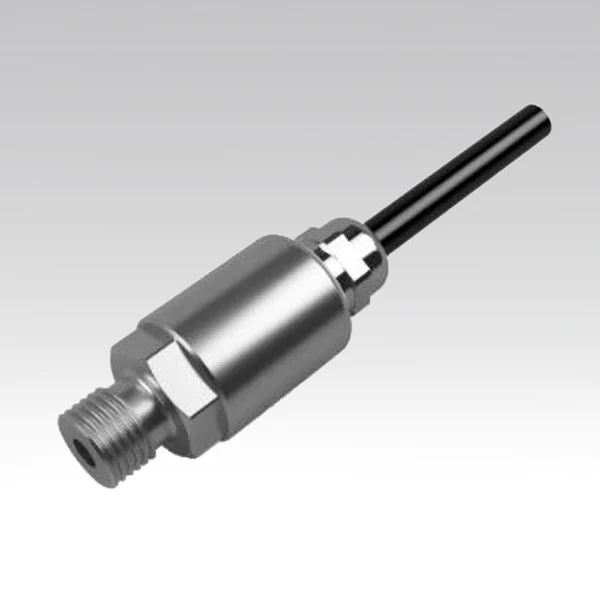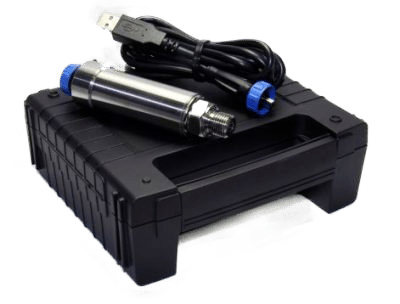DMP331 Low Range Atex IECEX Pressure Transmitter 100 mbar to 60 bar
The high accuracy pressure transmitter DMP 331 is designed for low range pressure measurements. The pressure sensor can be used in all industrial areas when the medium is compatible with stainless steel 1.4404 (316 L) or 1.4435 (316 L).
Technical Details
- Ranges: 0-100mbar up to 0-60bar
- Gauge / Absolute
- Outputs: 4-20mA / 0-10Vdc
- Supply: 8-32Vdc / 10-28Vdc / 14-30Vdc
- Flush Pressure Port G 1/2″ from 100 mbar
- Accuracy: ≤±0.1 / ≤±0.25 / ≤±0.35 % FSO
- Excellent thermal behavior
- Excellent accuracy
- Various mechanical & electrical configurations
Prices from £294.00
Need Some Help?






